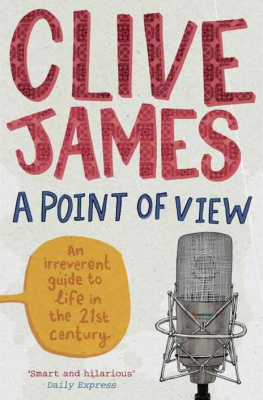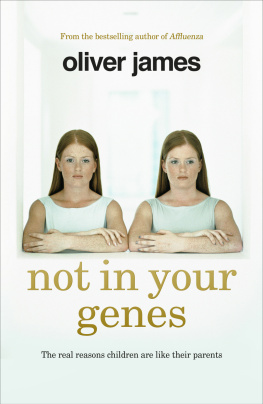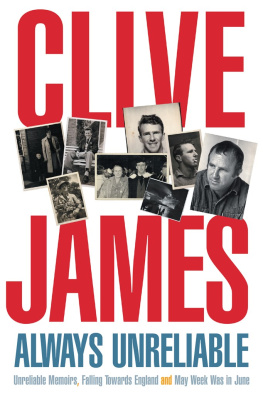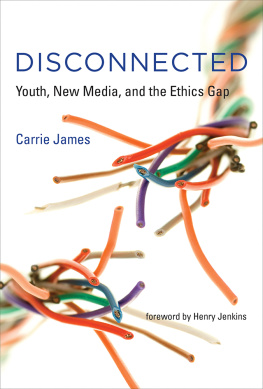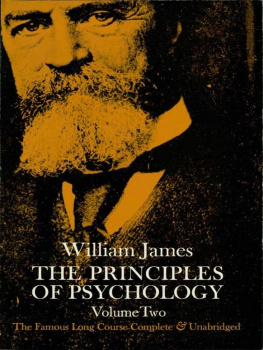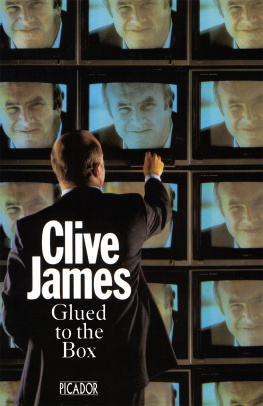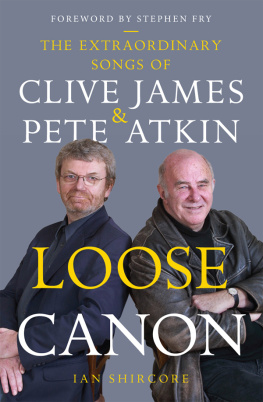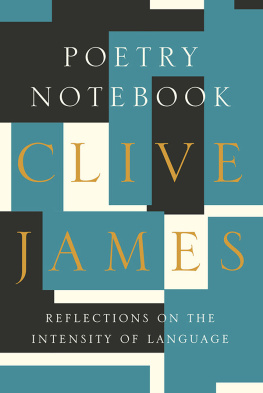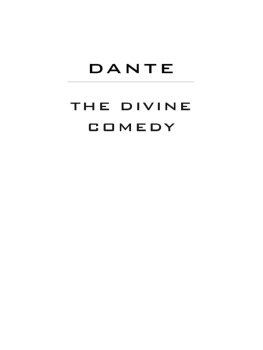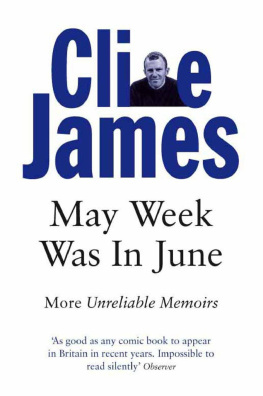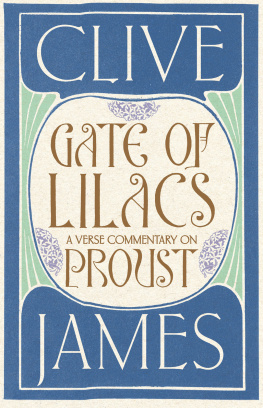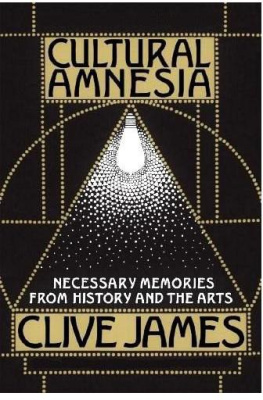
To Peter Goldsworthy
Contents
Introduction
When I began broadcasting my share of the BBC Radio 4 A Point of View programmes early in 2007, it was the age of celebrity, fraud, religious fanaticism and global warming. By the time I finished, late in 2009, the global warming scare had passed its fashionable peak but celebrity, fraud and religious fanaticism were as prominent as ever. One was perversely grateful for these big, mad themes because the format of the programme it was slightly less than ten minutes long demanded a simple argument. On the other hand, the simple argument had to be nuanced in its expression, or there would be no reason for the listener to stay tuned. About three million of the brightest people in the country were within arms reach of a button that could turn you off. I was only one of the small team of people who took turns doing a short season or two during each year, but I think my colleagues would agree with me that putting the weekly piece together was the devil of a writing job, if only because you couldnt afford for it to sound like that. It had to sound like speech.
Before I got as far as the first draft of my first show, I had already learned that the family honour was on the line. Now that I had taken it upon myself to climb into a pulpit and preach the same sermon twice in a weekend with the whole district in attendance, I neednt think that my opinions were going to be passed for publication on the nod. At a lunch table that usually consisted of at least five people not counting my little granddaughter and her blue plastic-handled spoon, I was obliged to make clear exactly what I meant by democracy, free speech, womens rights, the right to strike, the obligation of immigrants to adapt to their new country rather than requiring their new country to adapt to them, and the advisability of at least listening to a bunch of old climate scientists who said that the climate was not in crisis, even if there were thousands of younger ones who said it was. Always keen to pronounce myself left-wing in politics in the sense that I thought nobodys idea of either conservatism or progress should penalize the worst off I found myself grappling with the opinion, sometimes shared by everyone except myself, that my principles, when articulated, sounded pretty rigid, not to say fossilized. I tried to take this kind of obstructionism calmly but something about my face would make my granddaughter ask her mother and grandmother what was wrong with me. She pointed at me with her spoon.
But it worked. The whole agonizing process was a lesson in the validity of the scientific principle by which our theories should be thrown open to every possible objection. More often than not, my script for the following week would be less about my initial opinion on a subject than about the various other opinions that could rationally be had about it. This is not to say, however, that I abandoned my convictions. Far from it: though I might have acquired them early, they had cost me a lifetime to refine. But I did clarify them, and that proved crucial, because in a script only 1,600 or so words long you have to say exactly what you mean. At greater length you can waffle if you wish, and if you have no idea at all of what you mean, but a tremendous urge to be taken as someone who has, you can write a book. A large number of putatively serious books are written out of just that impulse, and in this great age of fraud they do quite well.
Even in this introduction I keep coming back to the subject of fraud because in these few years it was in the air like influenza. Nominally lawful activities were infected by it with daunting ease: management-speak, for example, was the linguistic equivalent of selling real estate in the Everglades. Even the legitimate financial system had all the trappings of a racket, including a wonderful mechanism by which the banks that lost your money were saved from ruin by being given more of your money so that they could award it as bonuses to the very people who lost your money in the first place. This was a Swiftian scenario vividly recognizable to anyone who had ever read Gullivers Travels , a book which I kept near my desk for three years running while I tapped into its authors spirit without making the capital mistake of trying to copy his voice. It cant be copied, any more than Dr Johnsons can, but their joint example should be kept in mind when we ponder the sad truth that one of the effects of modern flim-flam is to make us forget how it had its noxious beginnings hundreds of years ago, at a time when tulips were traded like carbon futures and there were only a few clear heads to warn the public that their gullibility might cost them dear. First Swift and then Johnson had that rare voice of hard-headed sanity. It was a pity that Johnson did not speak more warmly in Swifts memory, but thats life.
Or it might have been the celebrity culture, making one of its early appearances. Perhaps Johnson found it hard to brook a predecessor in his role. We can be sure, however, that the mania for celebrity did not really get going until the twentieth century, when that hydra-headed monster the Media eventually referred to in the anomalous singular grew big enough to assume its historic task of trivializing even the greatest human lives. Yet more depressingly, it managed to trivialize everything else as well, reducing even science to the vocabulary of a computer game. By the twenty-first century which, for all its absurdities, I am still grateful that I have lived to see the language of mass delusion was more common than not. Words and phrases of objective description gave way to ideological bumper stickers. Mrs Thatcher never really meant it when she said that there was no such thing as society she was simply trying, in her tone-deaf way, to say that individual responsibility should come first but she might have been making an accurate statement about the immediate future. In the time we inhabit now, the word society has almost disappeared from print, crowded out by the word community. A big community consists of smaller communities, and you have to go a long way down before you get to actual people. Conflicts within society have given way to problems in community cohesion. For anyone sensitive to language, it was obvious from the start that talking about community cohesion was a device for glossing over the brutal fact that some poor kid had just been stabbed.
In the face of this universal temptation to overblown rhetoric, the Point of View format offered the welcome discipline of requiring the broadcaster to put his written language back in touch with the spoken language. Incipient bombast could be more readily detected, and thus more easily staved off. One conceived of a kind of bonsai sermon, with overtones of the eighteenth-century essay, in the rich period when essays entertained the educated classes from week to week, before the rise of the novel in the second half of the century. The Augustan essayists set the mark for the modern broadcaster by combining gravity and gaiety so that each was a vehicle for the other. They also set the volume levels. At the start of the Augustan century, Swift gave an example for all his successors by confining his choler to his house, and always being cool on the page. As the great critic George Saintsbury later observed, Swift was quiet. That same rule carries double force in a radio studio. Let the sound engineer do the amplifying.
With that ideal measure in mind, I dialled down the exuberance by packing it tight into its own spaces. The aim was to treat the contemporary talking-point while covering the history of the globe in the volume of an orange: an exercise in miniaturization, like reinventing the transistor once a week. In pursuit of this aim, a few gags might help. (These could be tested at the lunch table, in scenes that became reminiscent of Strictly Come Dancing without the footwork.) I hope the centripetal pressure wasnt apparent, but I really did try to get as much said as possible. One of the secrets of paying your way in the popular arts is to provide value for money, which is achieved by the focusing of energy: and broadcasting is a popular art even in its highbrow form. In fact any highbrow broadcast that doesnt know how to be popular probably doesnt know how to be highbrow either. Leaving your listeners behind would be a damned silly thing to try, especially when so many of them are ahead of you.
Next page
